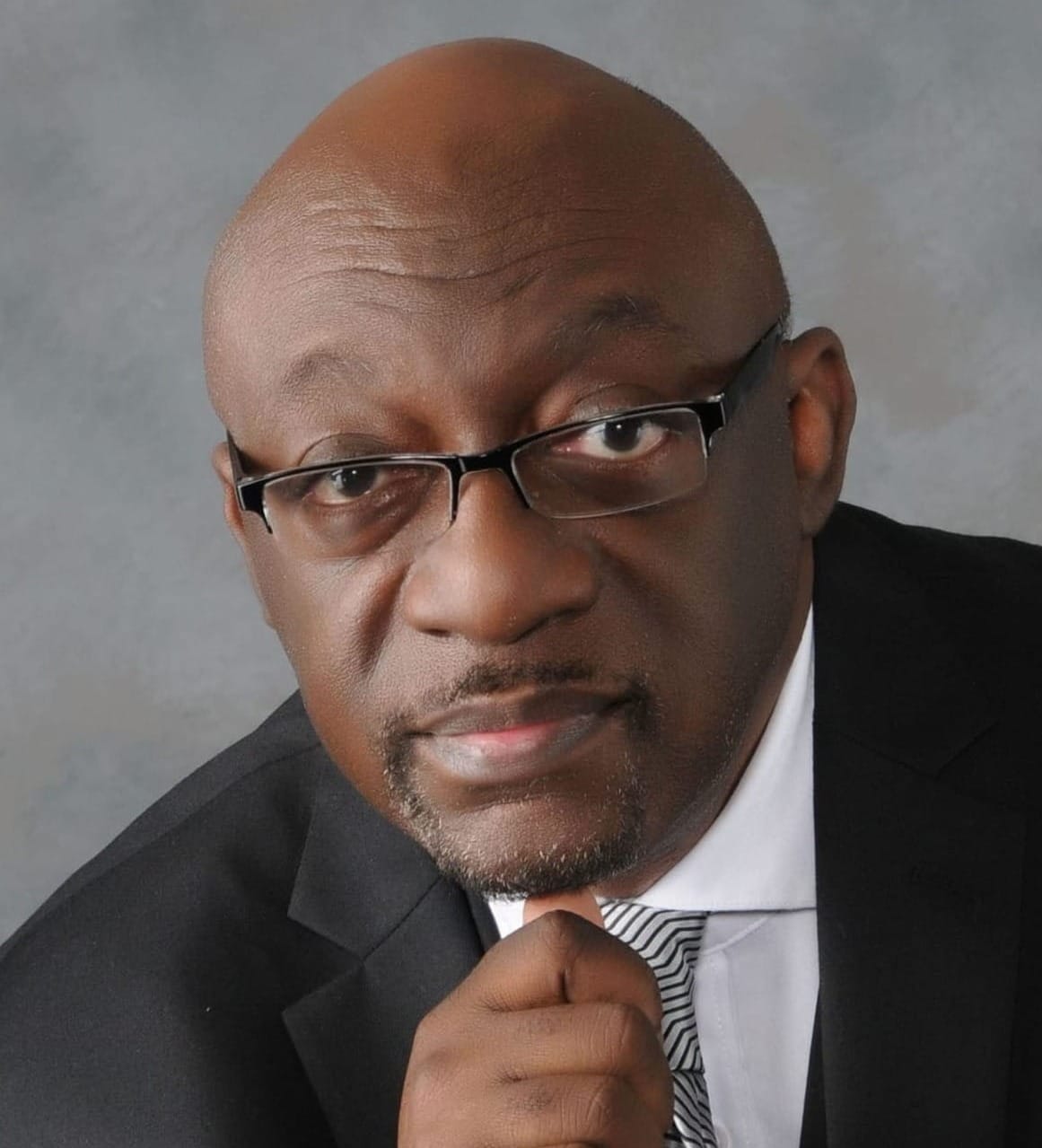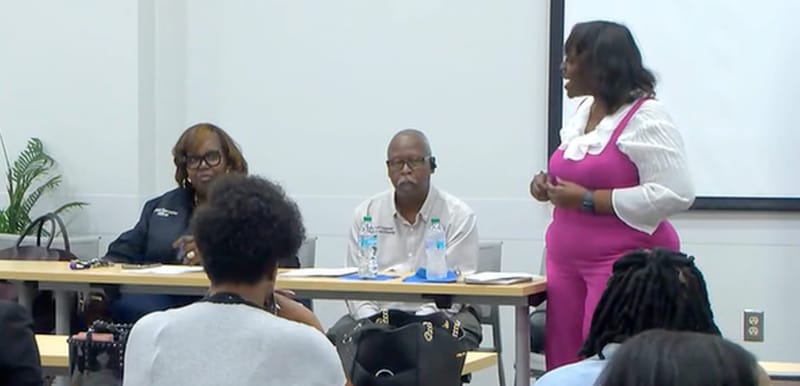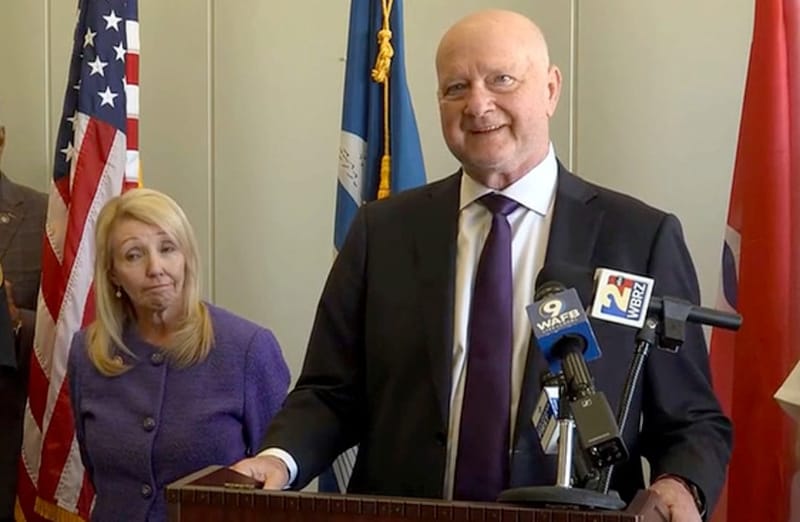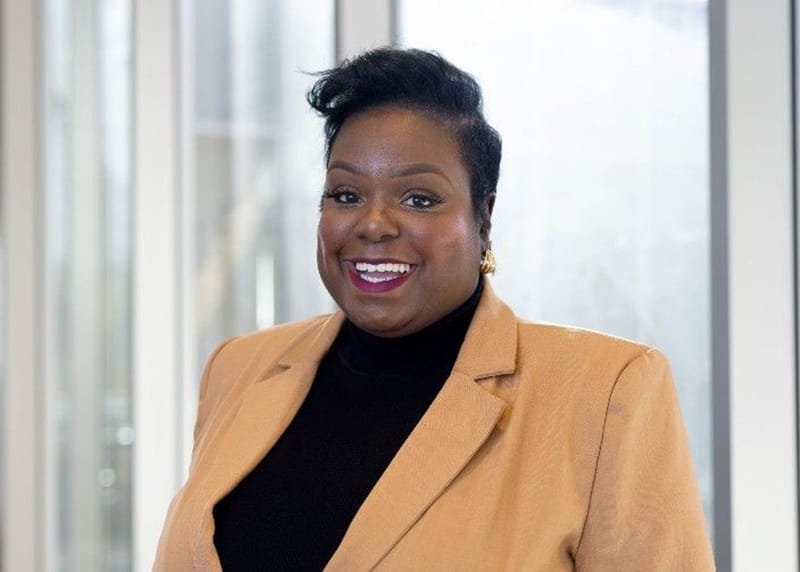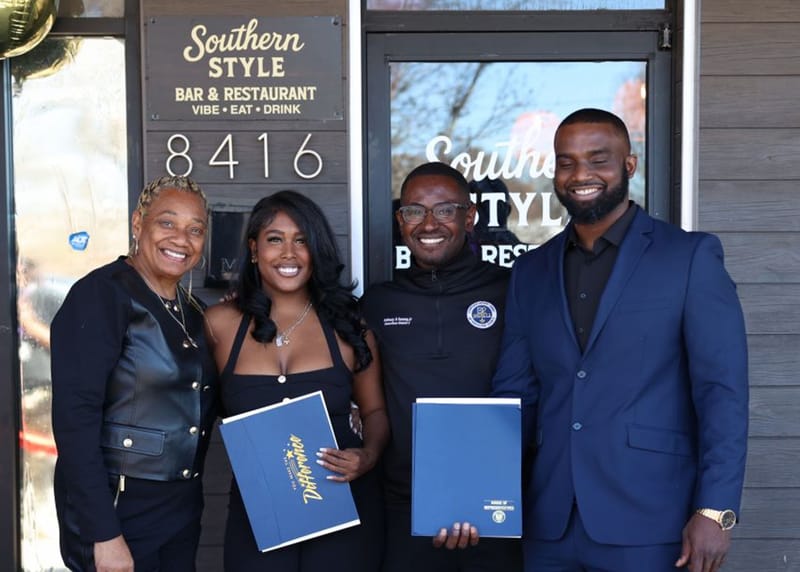Baton Rouge leaders win free speech lawsuit after eight-year battle
Michael McClanahan and Eugene Collins win a landmark First Amendment victory after eight years.
BATON ROUGE, La. — NAACP State President Michael McClanahan and activist Eugene Collins were vindicated Monday in a federal court ruling that affirmed their First Amendment rights, ending an eight-year legal battle with the city’s Metro Council. Activist Gary Chambers, who was also involved in the original incident, did not prevail in the case.
The dispute began during a Metro Council meeting in May 2017, held in the tense aftermath of the fatal police shooting of Alton Sterling. McClanahan used the public comment period to question the city’s handling of the case and to call for reforms within the Baton Rouge Police Department. According to court filings and witness accounts, former Mayor Pro Tem Scott Wilson ordered McClanahan, Collins, and Chambers removed from the chamber.
“As they approached me, they were speaking in my ear, saying, ‘Mike, we know you, just please come on and go with us,’” McClanahan recalled. “I knew someone would come behind, so I went along—but I knew this was about defending free speech.”
The forcible removals sparked outrage across the Baton Rouge community and drew widespread media attention. Later in 2017, McClanahan, Collins, and Chambers filed suit against Wilson and the city, arguing their constitutional rights to free expression had been violated. The legal process stretched over eight years, with the case going to trial in 2021.
Attorney William Most, representing McClanahan and Collins, emphasized the courage required to pursue the lawsuit.
“These clients were particularly brave because they were threatened with arrest by government officials and yet decided to stand up for their rights anyway,” Most said.
The plaintiffs sought no financial compensation, but the city will be required to cover attorney fees, which Most described as “a substantial sum” given the length of the litigation.
For McClanahan, the ruling represents more than a personal victory—it is a statement for the people of Baton Rouge.
“They might not have heard me then, but they hear me now,” he said. “Free speech has won, and this is a win for the entire community.”



